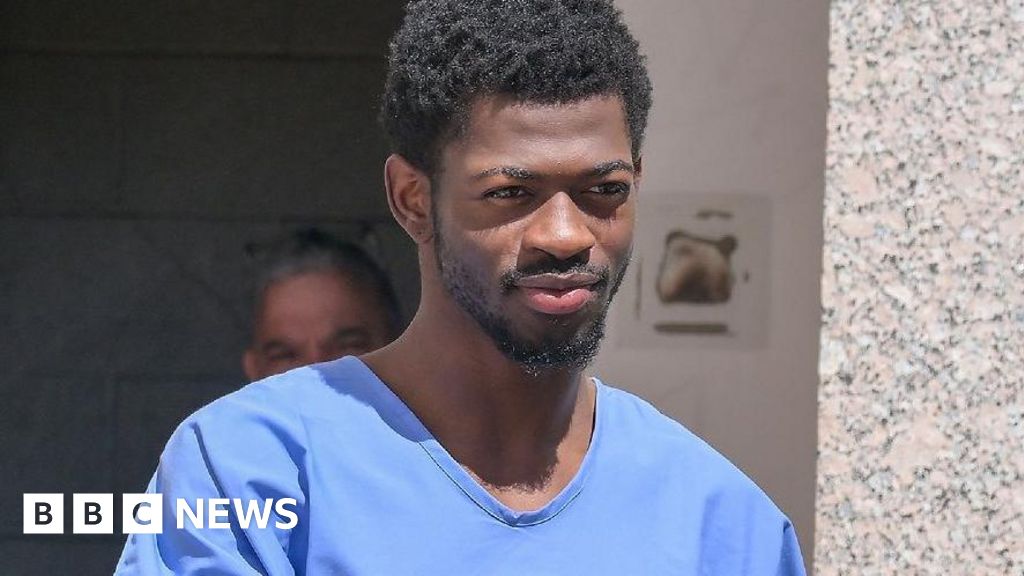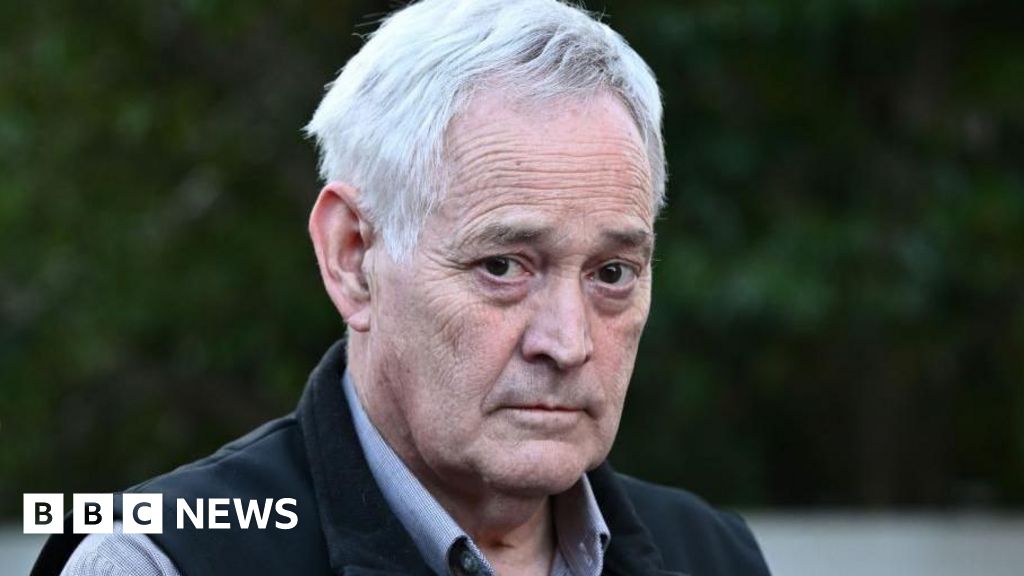Erik Menendez has faced another setback in his quest for freedom, as California officials denied his request for parole over the grisly murders of his parents that have haunted the nation for over three decades. The younger Menendez brother, who appeared virtually from San Diego prison, has been seeking to reduce his sentence following resentencing by a judge this past May, which made him eligible for parole.
During the 10-hour hearing, parole board commissioner Robert Barton emphasized concerns regarding Erik’s readiness for release, stating, "we find that you continue to pose an unreasonable risk to public safety." The board expressed disapproval over Erik's prison violations and a pattern of behavior before the murders, with Barton adding bluntly, "You have not been a model prisoner."
This decision spurs focus on California Governor Gavin Newsom, who must now weigh clemency requests submitted by the Menendez brothers, which could include sentence reductions or pardons. While such decisions are politically charged and risky, they remain a potential avenue for the brothers still seeking justice in light of new evidence in their case.
At Thursday's hearing, which drew family members, lawyers, and lawyers, Erik described the traumatic moments leading to the murders of their parents, Jose and Kitty Menendez, with visible emotion. Claiming self-defense amidst allegations of abuse, he expressed sorrow for the pain inflicted on his family. He stated, “If I ever get the chance at freedom, I want the healing to be about them... This is a family tragedy.”
The brutal nature of the murders—wherein both parents were shot multiple times—coupled with Erik's ongoing issues in prison, have left doubts about his rehabilitation. The board’s thorough assessment reviewed his educational programs and prior behavioral issues, indicating Erik posed a “moderate” release risk but still deemed him a threat to society.
Meanwhile, Erik's brother Lyle Menendez will soon face a separate parole hearing, as their divergent past behaviors may lead to different outcomes. A coalition of family members, particularly Teresita Menendez-Baralt, expressed hope for Erik’s release during the hearing. "If Erik is granted parole, it would be a blessing,” she shared, emphasizing the importance of reconciliation amid her terminal illness.
The Menendez brothers' case, steeped in allegations of abuse, greed, and public fascination, continues to be scrutinized, particularly following shifts in perceptions of juvenile offenders. After being tried and convicted for the high-profile murders, both brothers are now grappling with the future, hoping for a rehabilitative path forward amidst the shadows of their past.






















